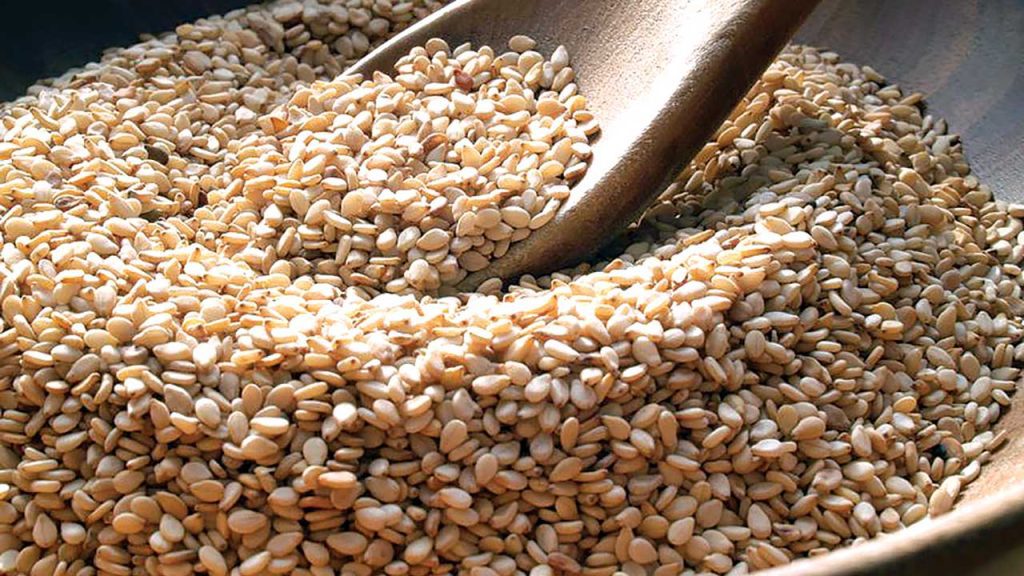Sesame farmers in Benue State are strategising on how to achieve massive production of the crop for local and foreign markets. Sesame seed is one of 11 quick-win products selected by the Nigerian Export Promotion Council (NEPC) for intensive development and promotion to significantly boost the non-oil export volume and value. One of such farmers, Ekoja Peter, who had abandoned the production of beniseed in his Otukpo Local Government Area of the state before venturing into cassava cultivation in large quantity for quick income generation, had based his decision on several factors.
He narrated that he experienced low productivity for four consecutive years and was disappointed by the high cost of production, saying it was for such reasons and many more that the state government, in collaboration with NEPC and other relevant stakeholders cutting across the private sector, are now providing required interventions to enable young farmers go back to sesame production. A sesame farmer in the Taraku community of Gwer East LGA of the state, Akuma Terhumba, has gone into the intervention for sesame farming that he considered a money-spinner, which is expected to better the lots of his household.
He said, “Beniseed farming is good and I have been into it for five years now. The one we are doing now is very nice, it grows well, it is better than the native type we were used to which, doesn’t yield much. Before now, I used to farm rice, soybean and the local variety of beniseed. The local variety of beniseed is low yielding; If you don’t have money for pest control, you can’t produce beniseed effectively. But now, I have better understanding as well as access to quality seeds of beniseed. We are 50 farmers in my cluster and just one hectare of farm land will give us three bags of harvest”. The Chairman of National Sesame Seed Farmers Association, Benue State Chapter, Charles Iordye had identified insecurity, lack of machinery to mechanised sesame seed, off-takers that can give some incentives or loans to boost production as some of the challenges facing the commodity’s farmers, but that the NEPC, the State Coordinator, Olu Ikulajolu, now works in collaboration with relevant stakeholders from the state government and private sectors to provide required interventions, so that sesame would again be a pride commodity in the state and the country.
The NEPC state coordinator, had engaged stakeholders at various fora to spot the challenges facing the commodities and had found the way forward. At the end of the parley, it was resolved that a survey on stakeholders be conducted to identify sector players and how to bring them together for effective development action. Not only that, it was also observed that sesame seeds could be grown in all the local councils in the state with 14 of the growing areas having the potential to grow the commodity in large quantity. The NEPC team further adopted the area for the pilot scheme following the farmers request for an assurance of market (off-takers) and training on acceptable practices, before they would go into the planting of sesame while over 135 of them were trained on good agricultural practices in sesame production for export by an expert from the National Cereal Research Institute (NCRI) Badeggi, Niger State, who facilitated the training programme.

